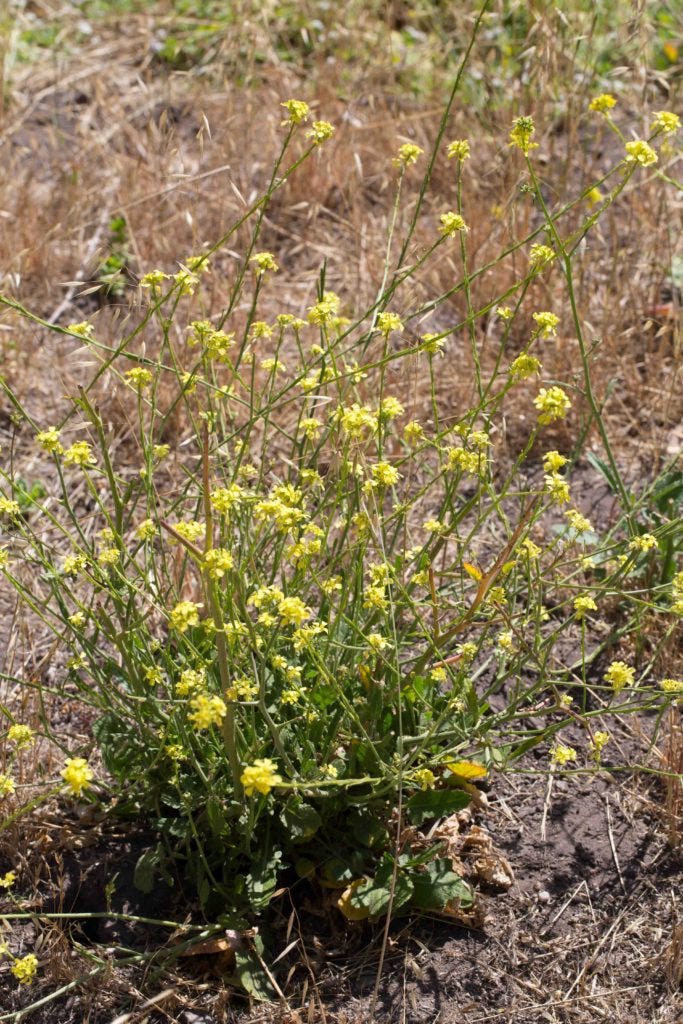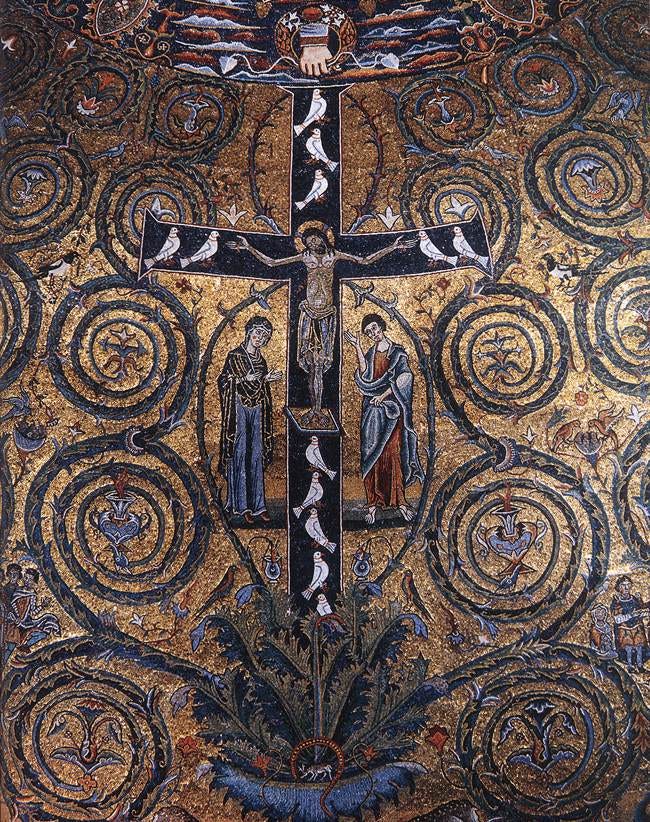Faith as a Grain of Mustard Seed
Saturday, August 9th Readings Reflection: Saturday of the Eighteenth Week in Ordinary Time
In today’s Gospel, Jesus tells His Apostles about the power of faith. A man brought his possessed son to Jesus, desperate for someone to exorcise the boy. The Apostles had tried to do so but were unsuccessful due to their lack of faith. Jesus’ reply to the man may initially seem dismissive: “O unbelieving and perverse generation, how long shall I be with you? How long shall I suffer you? bring him hither to me” (Mt 17:16 DRA).
St. Jerome explains that Our Lord’s words here are not words of anger but rather those of a “physician who might see the sick man acting against his injunctions, [and therefore] would say, How long shall I frequent your chamber? How long throw away the exercise of my skill, while I prescribe one thing, and you do another?” (Catena Aurea). The Divine Physician knows what will heal our souls, but we stubbornly rebel against the medicine, complaining that it is too bitter and difficult to endure. We do not trust that this medicine will heal us, instead insisting that it only hurts us more.
In response to this mentality, Jesus instructs His Apostles—and through them, all of us—to have “faith as a grain of mustard seed” (Mt 17:19). Elsewhere in the Gospels, Our Lord expands upon this mustard seed metaphor, explaining that the mustard seed is the smallest of all seeds, but when it is grown it becomes “greater than all herbs, and shooteth our great branches, so that the birds of the air may dwell under the shadow thereof” (Mk 4:32).
Many scholars believe that Our Lord was referring to a certain type of black mustard that grows in the Middle East. The seeds are indeed very small, and when fully grown, it is larger than any other herb. However, this black mustard does not exactly grow into a majestic tree; rather, it often looks like a very large weed, growing up to several feet tall but looking very wild and unkept.

When we think of having faith like a mustard seed, we do not imagine our faith flourishing in such a way as to resemble a large weed-like plant. Our Lord has promised that our faith can move mountains and that nothing is impossible for the one who has faith. However, the mustard plant pictured above looks weak and unkept—how could such a faith endure the storms of this world?
St. Paul succinctly answered this question in one of his Epistles: “And [Christ] said to me: My grace is sufficient for thee; for power is made perfect in infirmity” (2 Cor 12:9). Having faith like a mustard seed means trusting in the midst of darkness, when we feel tempted to despair that there is no hope. It means trusting in the midst of trials, even when our prayers appear to go unanswered, with faith that God’s grace is sufficient to carry us through this darkness and trial.
My priest once contrasted a mustard seed to the great cedars of Lebanon that the Scriptures often describe. He said that in comparing our faith to that of a mustard seed and its flourishing to a straggly mustard bush, Our Lord is telling His Apostles that the Church would not look like the great, majestic earthly power that they were expecting. Rather, it would look like a mustard tree, sometimes appearing quite small and weak, but nonetheless infallibly resisting the very gates of Hell. So too our own faith must be like a mustard seed with roots planted firmly at the foot of the Cross, watered with the Blood of Christ. In this way, our faith will never falter, even though we may feel weak and experience temptations to despair, for we will instead cling to the Cross, unwaveringly trusting in God as “[our] firmament, [our] refuge, and [our] deliverer” (Ps 17 [18]: 3).



Most likely, it is Salvadora persica or "mustard tree", a tree that grows in arid regions of the middle east and north Africa.
Lovely meditation, thank you Chantal